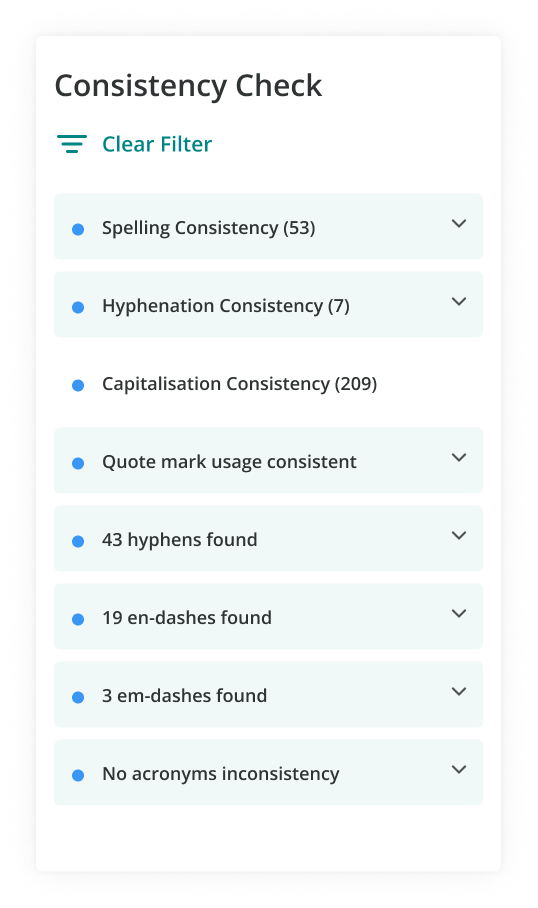
If you’re confused about how to create the possessive case of a proper noun that ends with an S, you’re not alone! The English language has confusing rules about the right way to spell these proper nouns.
So with a name that ends with an S, like Chris, do you need to include an extra S after the apostrophe, or is just an apostrophe enough?
In American English, you can use Chris’ or Chris’s interchangeably, unless you’re using a specific style guide that prefers one spelling over the other. In British English, Chris’s is the spelling that most people use.

This article will explain whether you should use Chris’ or Chris’s and how to remember this spelling rule.
Is It Chris’ or Chris’s?
In general, Chris’ and Chris’s are interchangeable spellings, although Chris’s is the more popular choice.
Different style manuals have different rules for how to spell proper names. Most teachers, companies, and publishers have a preferred style guide, so if you’re writing an essay for class, or an article for a company, follow the rules of the specific style guide.
The Associated Press Stylebook says the correct way to write the possessive case of Chris is Chris’, not Chris’s. Other style guides, including the Chicago Manual of Style, say Chris’s is correct.

If there isn’t a specific guidebook you need to follow, you can use either Chris’ or Chris’s.
Let’s take a closer look at each of these two spellings.
When to Use Chris’
The spelling Chris’, where the noun ends with an apostrophe, is an acceptable way to write the possessive form of the name Chris, but it’s rarer than the spelling Chris’s.
If you’re following the rules of the Associated Press Stylebook, you should choose this spelling. AP style requires that any plural noun, including names that end with S, should not include an additional S after the apostrophe.
For example, if you follow AP style, you should write, “You shouldn’t eat Chris’ snacks without his permission.”
The same rule is true for all other single names that end with S, such as James and Tess.
When to Use Chris’s
The spelling Chris’s, with an additional S after the apostrophe, is a more common way to write the possessive form of Chris.
Most style guides, such as the Chicago Manual of Style, recommend that you use an apostrophe and an S to create the possessive form of a singular noun.
Furthermore, Chris’s is usually considered the correct spelling in British English, which uses different style guides than American English.
If you’re writing in British English, or using an American style guide that requires an S after the apostrophe, you should write, “Let’s go to Chris’s house after school.”
When you’re working with plural nouns that end in S, you should never include an additional S after the apostrophe, regardless of which style guide you’re using.
For example, you would write, “My parents’ marriage lasted forty years.” It would be incorrect to write, “My parents’s marriage lasted forty years,” because parents is a plural noun.
This rule doesn’t apply to singular nouns. Since Chris is a proper noun that refers to a single person, not a group of people, you can use Chris’s or Chris’.
Examples of Chris’s or Chris’ in Sentences
The best way to learn English spelling and grammar is by studying examples. Here are some sentences that include the words Chris’s and Chris’.
- It was fun talking to you at Chris’s party yesterday.
- Both of Chris’s cars still look brand new, even though he’s had one of them for years. You should ask him how he keeps them in such good condition.
- Our team meeting this afternoon will be held in Chris’s office, not in the conference room.
- I’ve heard that Chris’s parents are much stricter than James’s.
- Chris’s son is transferring to the high school that my daughter attends. I hope they become friends.
- Chris’s book club is reading Pride and Prejudice by Jane Austen. Have you read it?
- Is that dog James’ or Chris’? Their dogs look almost identical!
- How do Chris’ cookies always turn out so delicious? Do you know if he uses Tess’ secret recipe?
- None of us have ever been invited to Chris’ apartment. I wonder why he’s so mysterious about where he lives.
- Don’t forget that it’s Chris’ birthday tomorrow! You should bring him a present.
How to Write the Possessive Form of Chris
There’s no hard and fast rule about when to use Chris’ and when to use Chris’s.
However, it’s always important to stay consistent within each piece of writing you create. If you’ve used the spelling Chris’s in one paragraph, readers might get confused if you switch to Chris’ in the next paragraph.

If you’re not sure you’ve standardized the spellings in your own work, you can always run your writing through ProWritingAid’s Consistency Report. It will point out and help you correct inconsistencies in your spellings.
Ready to Improve Your Writing? Try ProWritingAid.


